What Your Financial Statements Tell You (and Your Bank) About Your Business
As a small business owner, it’s important to understand exactly what your financial statements (your income statement, balance sheet, and cash flow statement) have to say about your business. They also provide your bank with crucial information that can impact how it’s able to help your business.
Whether or Not Your Business is Profitable
Your financial statements will, of course, tell you whether or not your business is profitable, and if so, by how much. In particular, your income, or Profit & Loss/P&L, statement tells you if you’re making a profit, where exactly your earnings are coming from, and whether or not you’re spending more than you’re earning over a given amount of time (most likely the quarter). It helps to compare this to previous and future periods as an indication of overall performance.
Your statements can help you determine if profit margins are where they need to be and/or if costs are too high and need to be addressed. They can also be used for benchmarking purposes to see how you’re doing in comparison to other businesses in your industry and help you see if you’ll hit profitability before competitors. If you have investors or are seeking them, they’ll also want to have a handle on your profitability.
The Net Worth of Your Business
Your balance sheet will tell you the net worth of your business at the moment by tracking assets and liabilities.
In contrast to the P&L, your balance sheet looks at a specific moment in time. This is an important difference when you’re thinking about the stories that your accounting documentation tells, especially because circumstances change so rapidly in business. Due to accounts receivable and payable, among other factors, how your finances look on one given day can — and likely will — be very different compared to another. Even if it’s just a week later.
The Health of Your Cash Flow
Your cash flow statement will tell you the health of your cash flow, which can make or break your business. If you’re only tracking profits and losses, you’re putting your whole business in jeopardy. Even if you’re profitable, you may end up with too much money in accounts receivable, which means that it’s unavailable to you immediately, which can result in not being able to pay your bills. Track your cash flow using your cash flow statements and use them to anticipate future cash flow.
If a Change in Strategy is Needed
Your financial statements may reveal that a change in strategy is needed. The data will show the facts about just how well things are going as they are. They give you an opportunity to change course, if needed, or they can validate strategies that you’re already employing.
“The data provided by your business’s financial statements can help you determine whether you are meeting your current goals, the effectiveness of your business strategies, and the kinds of goals you may want to set for the future,” notes Belle Wong at LegalZoom. “Financial statements can also provide management with the information necessary to make business decisions and day-to-day operating decisions. Whether you’re assessing the need to expand your business’s production capacity or determining the effectiveness of hiring more employees, financial statements can help you make better decisions based on concrete and accurate numbers.”
What Financial Assistance You Can Get
If you need a business loan, what your bank sees in your financial statements will, in large part, determine whether or not you’re able to secure financing, and if so, how much and how favorable the terms are. The information contained in the statements can illustrate the likelihood that you’re not a high-risk borrower, and that you’ll be able to pay back the loan. These documents are a good indication of how responsible you are as a business owner as well as how capable your business actually is at generating money.
Conclusion
Keeping and interpreting financial statements probably isn’t the exciting part of running a business, and you will likely find other pressing matters on your mind most of the time. These statements do, however, tell you (and your bank) the most important stories that your business has to tell, and you need to give them great attention.
Ready for What’s Next?
Have questions? Ready to start building a relationship with one of our experienced bankers?










